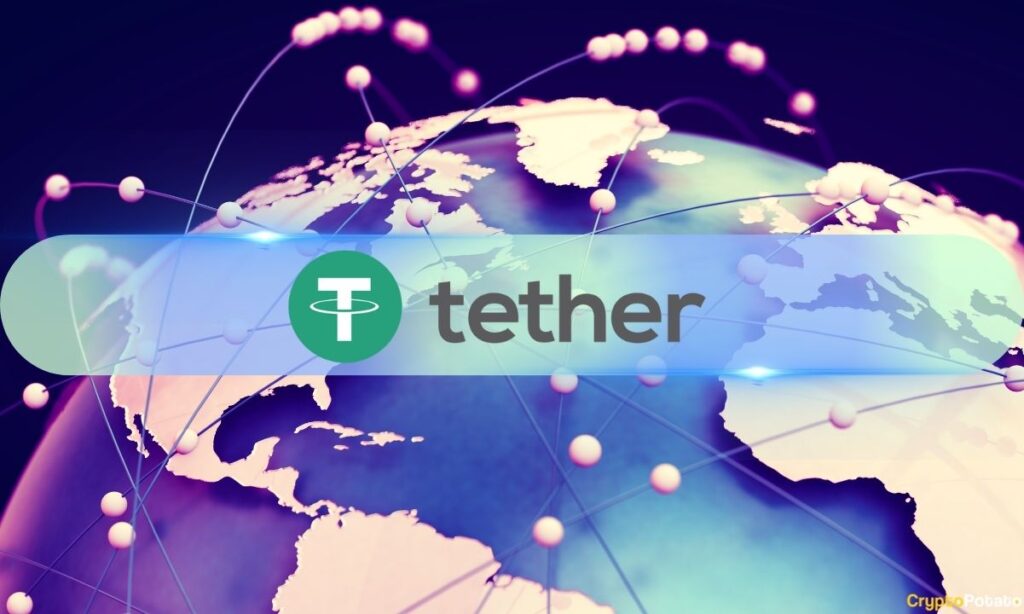[ad_1]

Bitcoin’s (BTC) climb to record levels has lifted the crypto market, and as the year wraps up, it’s sparking strong bullish sentiment for the future.
In the backdrop, there has been a significant surge in Tether (USDT) inflows to exchanges. This stablecoin movement aligns with the ongoing crypto bull rally, which has been underway for more than two months now.
USDT’s Daily Inflows to Exchanges
According to the latest data compiled by Santiment, there has been an average net inflow of approximately $40 million per day USDT to cryptocurrency exchanges over the past eight weeks. These inflows have acted as critical ‘fuel’ for many historic crypto price pumps, contributing to the positive sentiment and liquidity in the market.
With 2024 nearing its final stretch, the continuation of this stablecoin “dry powder” influx suggests further potential for upward momentum as traders allocate funds toward cryptocurrencies.
The stablecoin market has matured significantly globally, even overtaking Bitcoin as a preferred asset for everyday transactions, as per Chainalysis’ report. In the midst of this, fresh challengers like Ripple’s newly launched RLUSD are entering the market, with other stablecoins raising their stakes.
Despite several players in the stablecoin market, USDT has emerged as the undisputed heavyweight this year. One year ago, its supply stood at 90 billion – an impressive 50 billion growth over 12 months. USDT now controls 66% of the $212 billion stablecoin market and has maintained the top spot in trading volumes throughout 2024.
Stablecoin Potential
A recent report by Standard Chartered and Zodia Markets predicted that stablecoins could potentially grow from 1% to 10% of the US M2 money supply and foreign exchange (FX) transactions. The two companies believe that the utility of stablecoins has expanded beyond cryptocurrency trading to cross-border payments, payroll, trade settlements, and remittances.
The report highlighted that stablecoins could address inefficiencies in traditional financial systems, offering faster and cheaper transactions. Regulatory clarity, particularly from a possible Trump administration in 2025, is seen as a key factor to unlocking their full potential. Besides, adoption in emerging markets like Brazil and Nigeria is already rising, driving further demand.
[ad_2]
Source link

